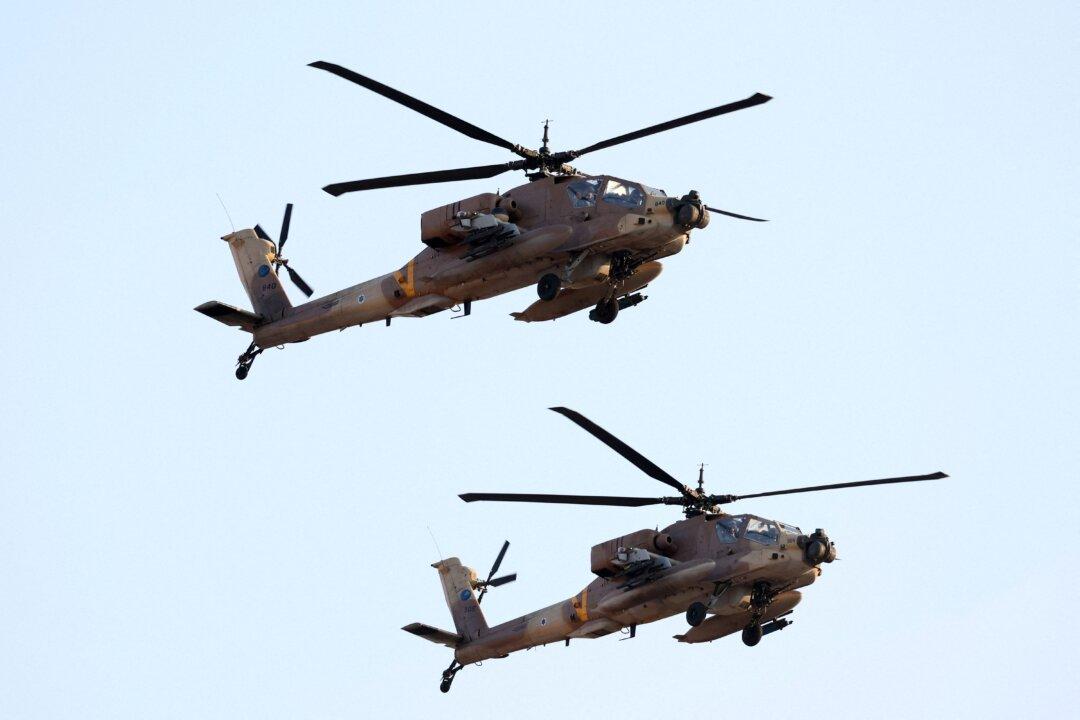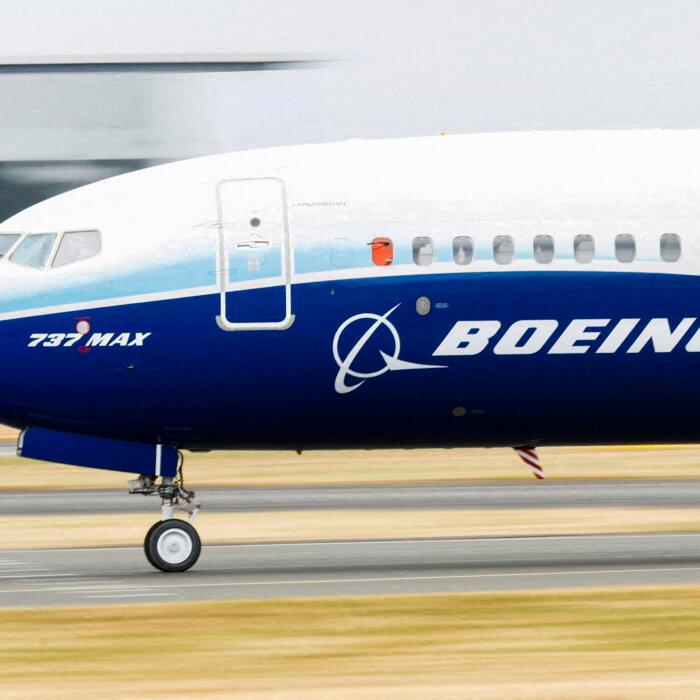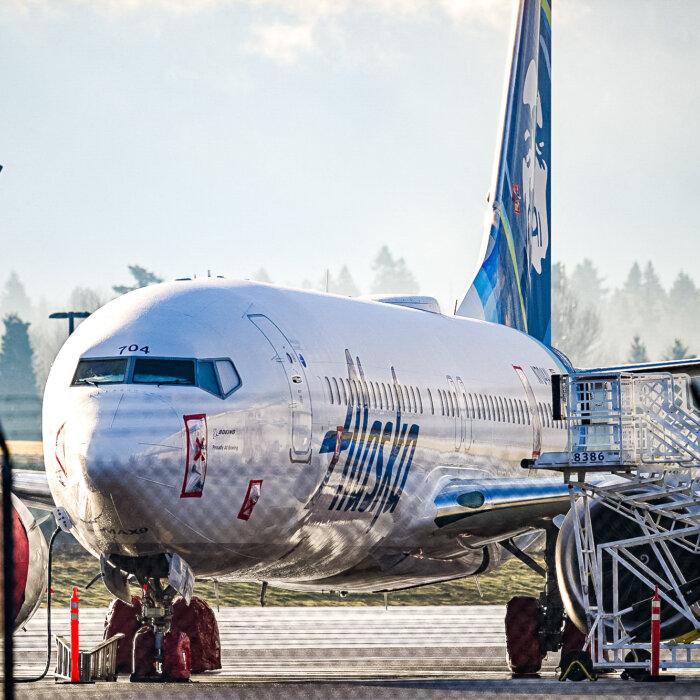Boeing has agreed to pay a $51 million fine after its foreign employees in China and elsewhere downloaded sensitive data related to military aircraft such as fighter jets, attack helicopters, and the plane that carries the U.S. president.
The fine would resolve a total of 199 violations of federal arms export laws and rules identified in an “extensive” compliance review into the aerospace company, the State Department noted on March 1.
Some of the violations occurred between 2013 and 2017, during which three Chinese employees at Boeing facilities in China downloaded data related to three fighter jet models: F-22, F-18, and F-15. Those unauthorized downloads also involved technical files about the E-3 airborne warning and control system, the AH-64 “Apache” attack helicopter, the AGM-84E cruise missile, and the AGM-131 short-range nuclear missile.
On one occasion in 2019, Indian employees working at Boeing’s campus in southern India passed along files containing technical data about Air Force One, the presidential airplane.
On multiple occasions between October 2018 and August 2019, Boeing “repeatedly exported without authorization” technical data related to enhancements of and upgrades to the AH-64A and AH-64d helicopters to the government of Israel and two Israeli independent contractors. The data allowed Israel to “install aftermarket hardware add-ons” on its Apache fleets, according to the State Department.
The charge letter expressed particular concerns over information leaked to Boeing employees in Russia. At the time of these unauthorized downloads, it noted, Russia was subject to a series of export controls that restricted the country’s access to military technologies.
“All of the alleged violations were voluntarily disclosed, and a considerable majority predate 2020,” the State Department said on March 1, noting that the company has since “incorporated numerous improvements” toward compliance.
“Had the Department not taken into consideration these mitigating factors, it would have charged Respondent with additional violations or proposed a higher penalty,” the federal agency stated.
Under the terms of the agreement, $24 million of the total amount Boeing agreed to pay will be suspended on the condition that the funds will be used for “remedial compliance measures” to “strengthen Boeing’s compliance program.”
For at least the next two years, Boeing will be subject to the oversight of a special compliance officer, who will conduct two external audits of the company’s compliance program and implement additional compliance measures.
“We are committed to our trade controls obligations, and we look forward to working with the State Department under the agreement announced today,” Boeing said in a statement. “We are committed to continuous improvement of that program, and the compliance undertakings reflected in this agreement will help us advance that objective.”
The fine is the latest in a series of troubles faced by Boeing, which acts both as a defense contractor and commercial aircraft builder.
In January, the Federal Aviation Administration (FAA) ordered airlines to immediately stop flying Boeing’s 737 MAX 9 passenger jetliners.
The decision followed a mid-air emergency event in which a “door plug” on an Alaska Airlines plane fell off shortly after departure from Portland, Oregon. The fallen part left a gaping hole in the fuselage and caused a rapid loss of cabin pressure. Fortunately, the pilots made a safe emergency landing with 174 passengers and six crew members.
On Feb. 5, the FAA stated that 94 percent of MAX 9s previously suspended from flying had been inspected and cleared to return to service. Alaskan and United Airlines are the only two U.S. carriers that operate this model of the Boeing 737.
In the most recent update to the MAX 9 situation, the FAA stated on Feb. 28 that Boeing must develop a comprehensive plan to address “systemic quality-control issues” within 90 days.
“Boeing must commit to real and profound improvements,” FAA Administrator Mike Whitaker said. “Making foundational change will require a sustained effort from Boeing’s leadership, and we are going to hold them accountable every step of the way, with mutually understood milestones and expectations.”







